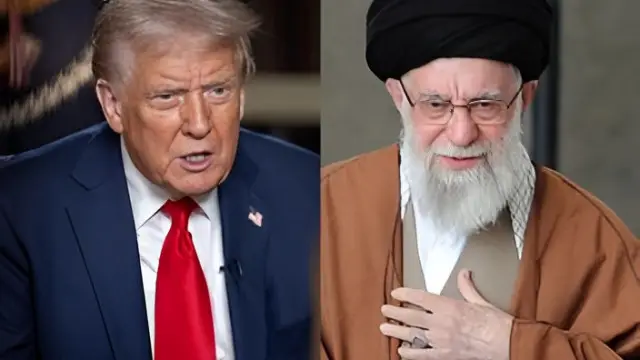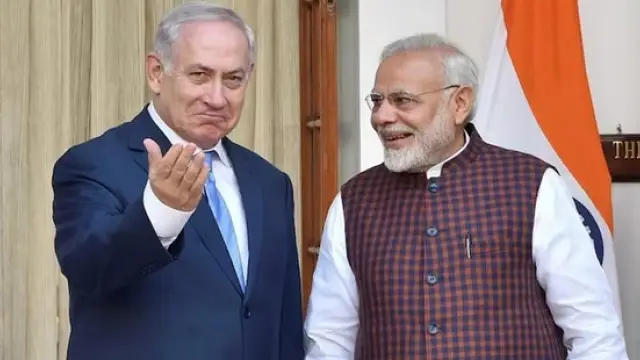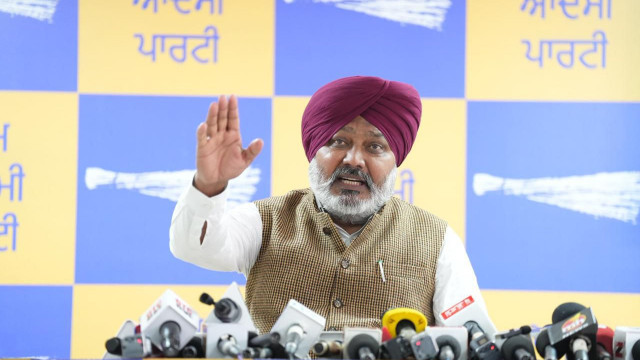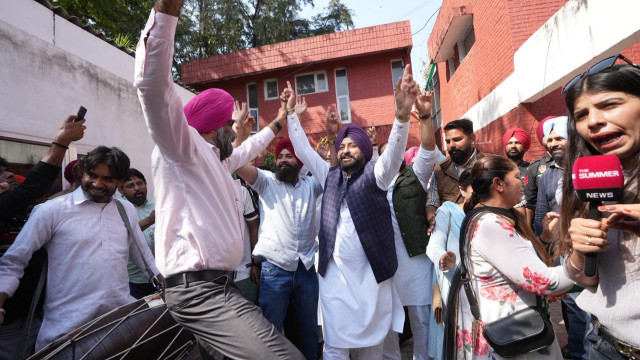India on Alert: Turkey's aggressive map claim includes Bihar, Odisha, Jharkhand
In the conflict with Pakistan, Turkey's face has come out. Turkey is always assisting Pakistan with weapons. Now a Turkish-supported group has come out into the open. Sultanate-e-Bangla, a Turkish-supported outfit, is coming out with a map of "Greater Bangladesh" and demanding Indian states like Bihar, Odisha and Jharkhand. This group is mobilizing the youth of Bangladesh and attempting to organize them against India.

Turkey is paying the cost of assisting Pakistan with weapons. India is severing relations in all areas ranging from security to aviation, education, trade. This time there has been an incidence of turkey plotting against India by allying with Bangladesh. Turkiye has turned active in Bangladesh suddenly, as per media reports. A Turkish-supported entity is always spreading Islamic ideology in there. The Sultanate-e-Bangla (SEM), an institution with a focus on the medieval Bengal Sultanate's historical heritage, indicates Bihar, Jharkhand, Odisha and all of northeast India as part of Greater Bangladesh.
SEM recently unveiled a map of 'Greater Bangladesh'
Intelligence alerts predict that SEM is not only resurrecting perilous ideologies but also actively organizing the youth, particularly students, in Bangladesh for the cause of the "Greater Bangladesh" vision. In a brazen display of its ambition, the SEM recently unveiled a map of 'Greater Bangladesh' during a programme organized within Dhaka University's Teacher-Student Centre (TSC) in Shahbagh. The elite institution is now said to be accommodating the temporary headquarters of the secessionist outfit. In that map, Myanmar's Arakan state, Bihar, Jharkhand, Odisha and all northeast India have been asserted to be a part of Greater Bangladesh.
Sultanate-e-Bangla is also receiving assistance in Bangladesh
SEM stands for the Bengal Sultanate, an independent Muslim state that existed from 1352 to 1538 AD, encompassing parts of modern-day eastern India and Bangladesh. Indian intelligence officials indicate the very nomenclature of the group is a symbolic declaration of its geopolitical aspirations, threatening India's sovereignty and territorial integrity as well as the region's. The sources have also disclosed that the group has links with the interim government of Bangladesh, and intelligence agencies claim that they have ministerial and Bangladesh interim government relatives' contacts. Financial support is provided to this organization.
Senior Indian intelligence officer's comment
There is one NGO headquartered in Beliaghata upazila, which has been categorized as a large logistics and recruitment center of Barawa-e-Bengal, the sub-branch of SEM, whose work is to recruit and train young cadres. "The fact that people as close to the Bangladeshi interim government are involved raises doubts about whether the government is involved or is just turning a blind eye," said the senior Indian intelligence officer.
Rise of fundamentalist forces under Muhammad Yunon's rule
During Mohammad Yunus's government, outlawed Islamist groups have re-emerged in Bangladesh with no legal impediments from law enforcing authorities to limit their public activity. Globally proscribed organizations, particularly in urban areas like Dhaka, are being permitted to function openly.
An NGO allegedly giving ideological and financial backing
The Sultanate-e-Bangla is apparently being run in the name of the Turkish Youth Association, an NGO allegedly giving ideological and financial backing. Using its secondary platform, Barawa-e-Bengal, the outfit is enlisting prominent youth members in an attempt to establish a cadre network in Bangladesh with a long-term vision to propagate its separatist ideology throughout India's border provinces.
The medieval sultanate's symbolic re-emergence isn't an accident
"The emergence of the Sultanate-e-Bangla is as much a threat to regional security as it is a manifestation of a deep-seated ideological struggle unfolding against democratic institutions in South Asia," said a Bangladeshi intelligence official, who requested anonymity. The medieval sultanate's symbolic re-emergence isn't an accident – it's a master plan for reviving Islamist politics based on expansionism."















